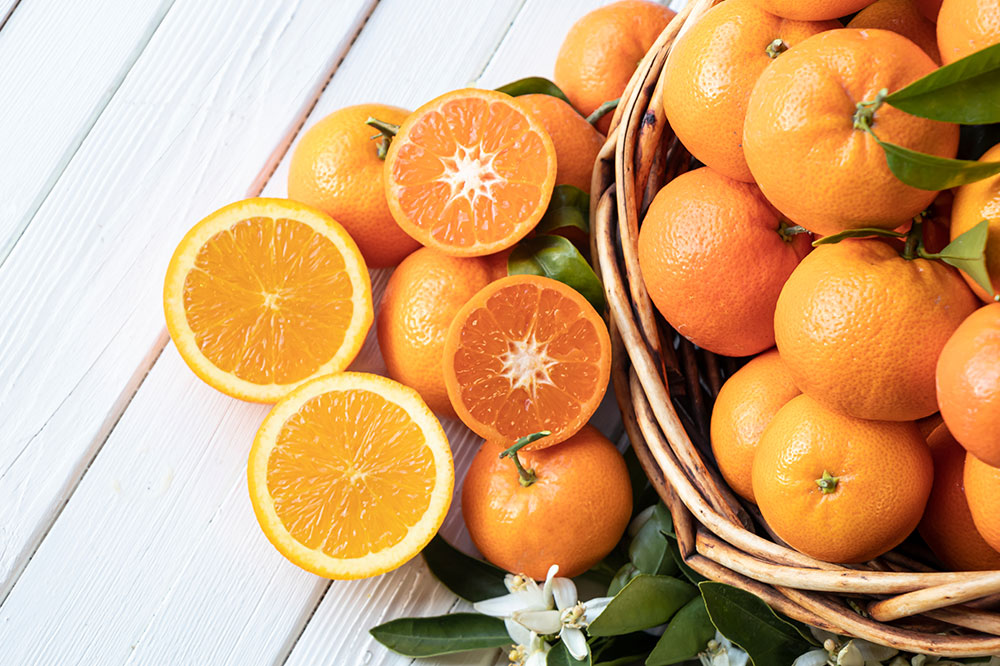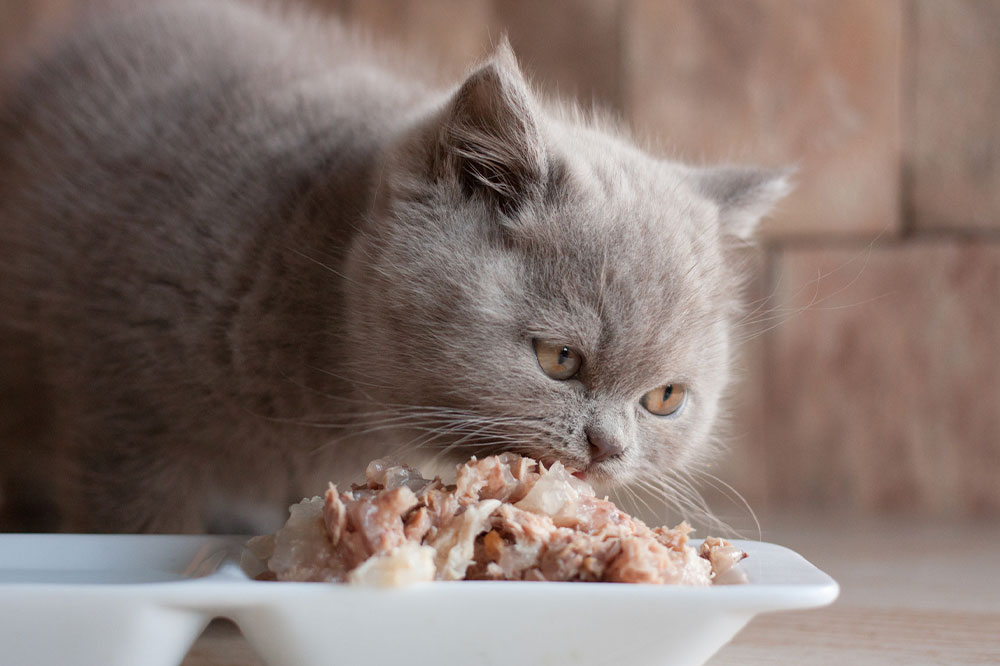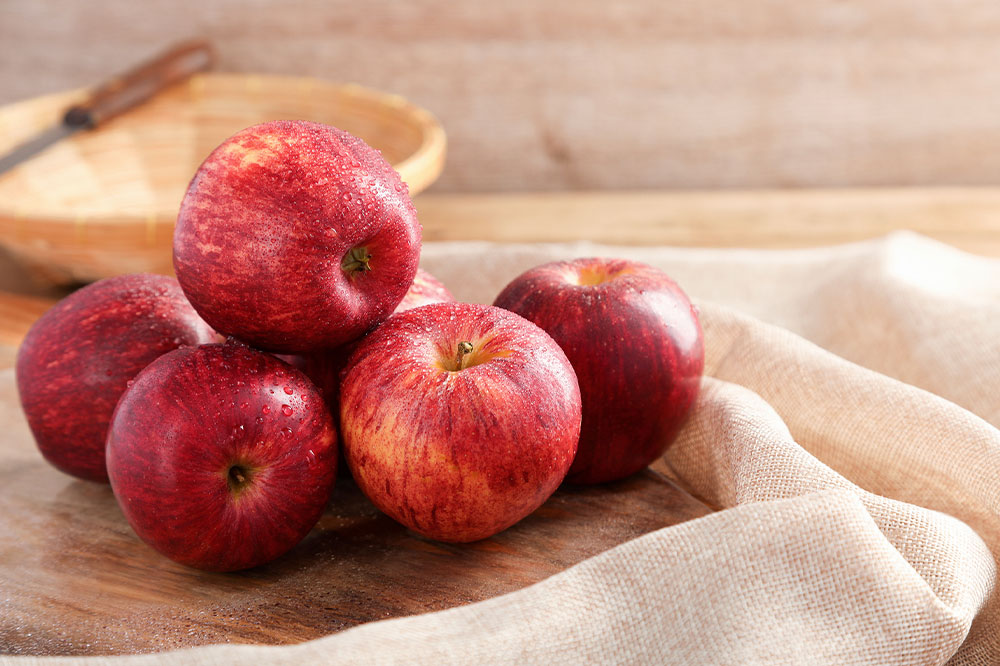7 cold sore food triggers to avoid

A cold sore is a group of painful tiny blisters that are caused by the herpes simplex virus (HSV). These blisters are also known as fever blisters or herpes simplex labialis. In most cases, the symptoms are the worst when one gets cold sores for the first time. However, after the first outbreak, the body begins to produce antibodies to protect itself from the virus, thus raising immunity against the condition.
Managing cold sores – Foods to avoid
Usually, cold sores appear when one’s immunity has already been compromised, and unfortunately, they are not as quick to leave. However, these blisters require arginine (a type of amino acid) to replicate and thrive. Hence, depriving the virus of arginine may help reduce the duration of such outbreaks. So, here are some of the foods that must be avoided by patients.
Oranges
Citrus fruits, such as oranges, contain acid that can cause a burning sensation on contact with the blister. Hence, in addition to avoiding oranges, many healthcare professionals suggest steering clear of citrus fruits like grapefruits as well. Instead, one can opt for bananas and cucumbers to gain optimum nutritional benefits.
Pumpkin seeds
Although pumpkin seeds are considered incredibly healthy, they are unfortunately rich in arginine. So, when one consumes them as a part of the meal plan, it may aggravate the symptoms and increase discomfort. Furthermore, as sesame seeds are also rich sources of arginine, it’s considered best to avoid them as well. Instead, one can include foods rich in antioxidants such as spinach, kale, and berries, to further boost the immune system.
Wheat
Wheat is also a source of arginine, a vital grain found in every household. Hence, to decrease the outbreak’s duration, one must avoid dishes containing wheat. This includes bread, pasta, and even pizza. As an alternative, one can choose the gluten-free variety of these dishes. This may not only help in the management of cold sores but also aid in maintaining nutritional levels.
Curry
Highly spiced meals such as curry can trigger the entire area inside and around the mouth. Moreover, spicy foods can cause the sores to reopen, causing irritation and discomfort. Hence, it’s suggested to keep away from spicy foods and opt for milder yet nutritional meals. Some of the meals that are considered safe for cold sores patients include mashed potatoes, casserole, and stew.
Pickles
Food items like pickles contain high amounts of salt and are to be avoided by the patients. One of the primary reasons behind it is that the high sodium content may further irritate the skin and even interfere with the activation of macrophages – the compound needed by the body to bring down inflammation levels. However, one can eat foods rich in vitamin B to boost the immune system. These can include eggs, spinach, green beans, and broccoli.
Almonds
Usually, almonds are considered incredibly healthy as they are excellent sources of potassium, magnesium, and vitamin E. However, they also contain a considerable amount of arginine, the compound that triggers and causes a rapid increase in cold sores. Furthermore, regular consumption of almonds can also result in pain and discomfort. Thus, patients are advised to avoid the snack and consider probiotic-rich food like yogurt to combat the virus.
Chocolate
Dark chocolate has long been considered safe for consumption and even beneficial. However, chocolates contain arginine and can cause more harm than good. When one consumes foods rich in arginine, they aid in the replication of the virus in the body. Hence, people with cold sores are suggested to avoid the intake of chocolate and opt for lysine-rich foods to combat the activities of arginine. Some of the foods that may help clear an existing infection are cheese, fenugreek seeds, beef, and pork.
In addition to avoiding the above-mentioned foods, one can also try a few home remedies to help with cold sores. This includes methods such as applying petroleum jelly over the affected areas and gently holding a wet towel against the sores for 5 – 10 minutes. However, it is suggested to seek the advice of a doctor before trying any home remedies. One can also consult a nutritionist before making any major changes to the food plan. This may help the patient alleviate pain and discomfort. Moreover, it can even aid in reaping optimum nutritional benefits without causing any deficiencies.






